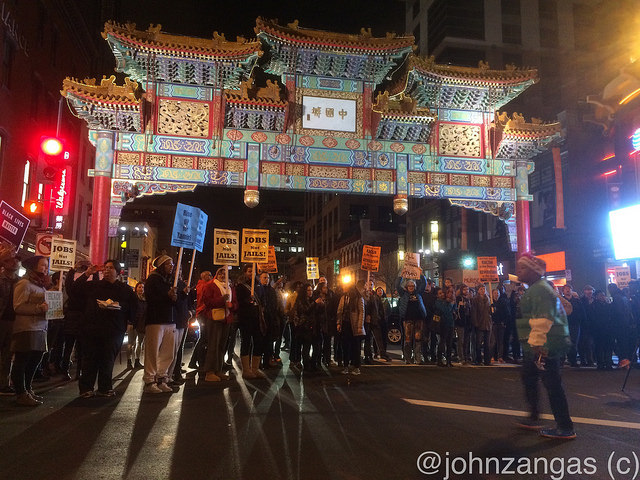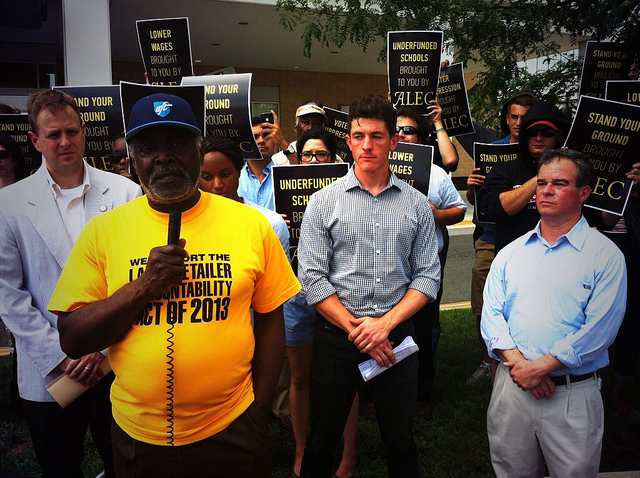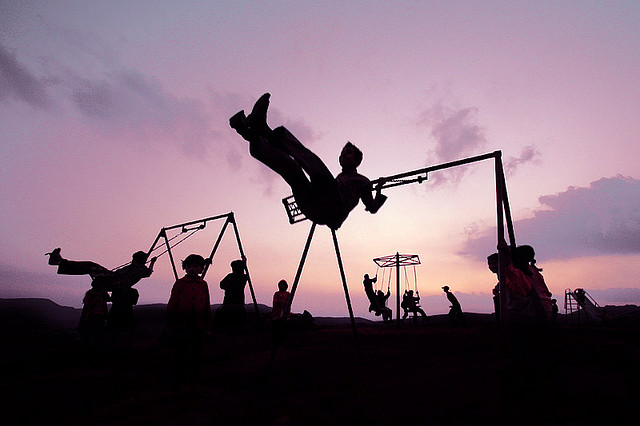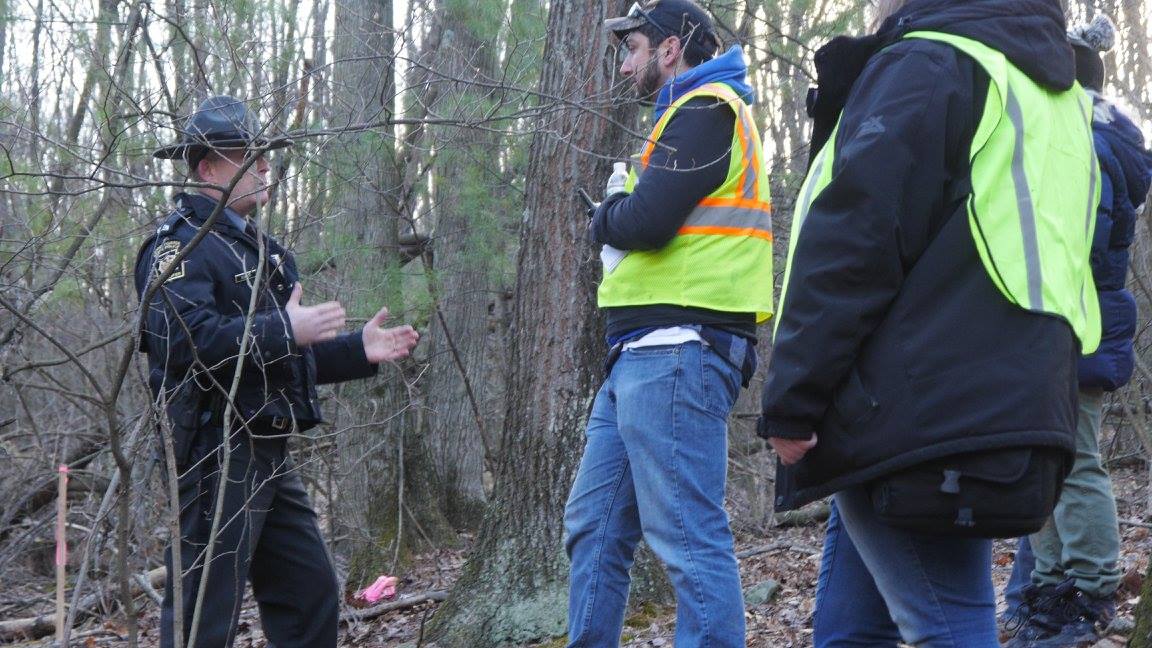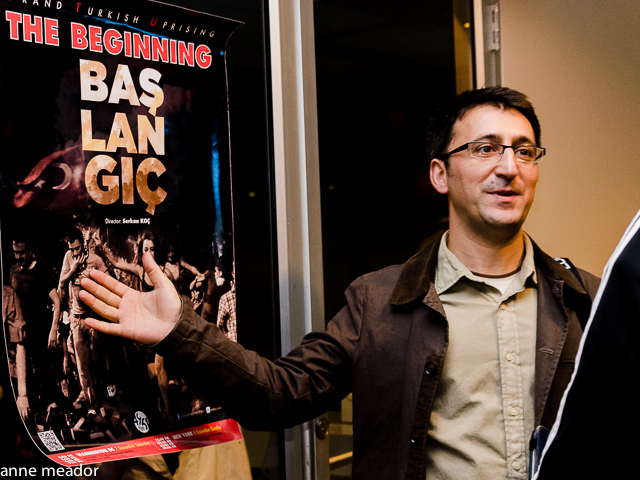
UPDATE BELOW
The Turkish government is pursuing a criminal investigation into a documentary film on last year’s nationwide protests originating in Istanbul’s Gezi Park. On January 2, the film’s director, whom the government regards as a “suspect,” is scheduled to testify in court in Istanbul.
Serkan Koç, director of the documentary The Beginning, was notified on December 25 that state authorities would examine the film for “objectionable content” and determine whether there was reason to file charges.
According to a press release by the film’s production company, 49/51 Film, “The documentary is charged with assault to the Prime Minister and instigating public hatred and animosity.” Koç has been named a “suspect” and will testify at the January 2 hearing.
Koç and his crew filmed in the midst of a repressive police crackdown on protestors, who objected to Prime Minister Erdogan’s increasingly authoritarian leadership and introduction of Islamist policies. Police unleashed massive amounts of teargas and streams of water laced with burning chemicals on nonviolent demonstrators.
49/51 Film posted announced on its Facebook page that it would request that prosecutors open an investigation against Prime Minister Erdogan instead on the same charge of inciting hatred. It cites a statement in which Erdogan boasts that a thousand protestors in Taksim Square are no problem: “…we will put five thousand, ten thousand youth against them.”
During the summer protests, the Turkish government aimed to censor as many images as possible. Pursuing criminal charges against a documentary director may be one tactic in a campaign intended to intimidate and stifle dissent.
Assistant director Beste Gül Öneren said via email that she believes an investigation had been opened as early as last August when the film was released. She called the prosecution of Koç “unacceptable and unfair” and “against freedom of speech.”
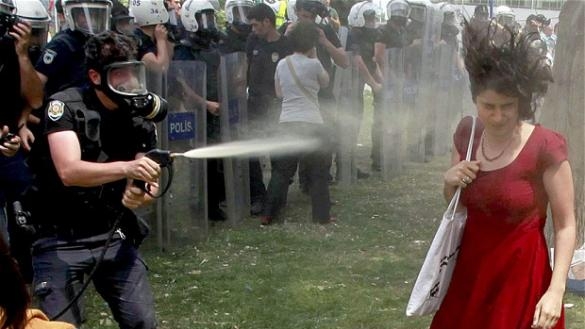
“It is unbelievable to investigate a docu-director for his filming instinct,” she said. “Can you prosecute a painter for holding a brush? Can you prosecute Picasso? This is like a witch-hunt of the Middle Ages all over again.”
“[It] gives you an idea of the kind of society that national and international supporters of all pro-Islamic regimes have been anxiously trying to transform us into,” she said.
Attila Gokbudak, a Turkish-American from Roanoke, Virginia thinks these tactics are bad news for Turkish society. “This is a bit startling,” he said. “Turkey had been becoming more progressive until Erdogan’s emergence.”
Dr. Can Korman, a professor at George Washington University, is upset to see the Istanbul prosecutor’s office compel Koç to give a deposition. “I view this as an intimidation tactic against free speech and free expression in Turkey,” he said. “This is yet another piece of evidence that demonstrates the challenging environment for free speech and for being in the opposition in Turkey.”
Öneren also suspects that several articles in Turkish newspapers criticizing the film were authored at the behest of the government. “This is the way they fight the arts, the intellectuals that expose the truth,” she said. “You pay off a columnist to begin the defamation campaign and generate a lawsuit against a documentary and a filmmaker.”
The Turkish government tried to squash the making of the film from the beginning. Police raided the film company’s office and confiscated their footage and computers. After the film was completed, the Turkish film industry wouldn’t distribute it, so Koç and his supporters were forced to go from town to town and screen it themselves.
The film has since been shown in twelve foreign countries, including several cities in the U.S., Canada and Switzerland. More than 20,000 copies of the DVD have been sold.
Koç and the film crew of the documentary will make a public statement after the hearing.
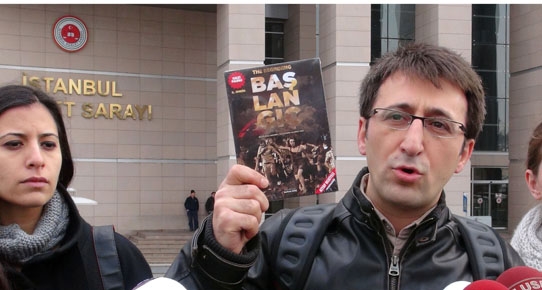
UPDATE: Director Serkan Koç testified for an hour before the court on Thursday, saying, according to Turkish publication Milliyet, “I do not accept the charges.” Afterwards, he said via Twitter that he made a criminal complaint to the prosecutor, accusing Prime Minister Erdogan of inciting the public to hostility. He then gave a statement in front of the courthouse. (VIDEO here includes clips from The Beginning followed by Koç’s statement in Turkish.)

